2015-16 Gruber Seminar
Tinnitus and the Internet |
||
| Date: Time: Venue: Presenter: Abstract: |
October 17th (Monday), 2016 12.45 to 1.45pm Room GL-600, 6th floor, Library Prof. Gerhard Andersson Professor,Linkoping University, Sweden Tinnitus is a common condition and even if many people do not suffer much a significant proportion (3% of the adult population) are severely distressed by the condition and psychological factors play a role in determining the distress levels. There are several approaches to tinnitus management but the one with the best evidence - cognitive behavior therapy - is rarely offered (less than 1% in the US), and there is a lack of trained audiologists who can deliver this treatment. One partial solution is the offer CBT via the internet as a guided self-help treatment. Evidence clearly suggests that this is as effective as seeing a clinician and in Sweden internet-based CBT has been developed, tested and implemented starting as early as 1999. Now the treatment is updated and has been translated and tested in Germany and United Kingdom with large effects. However, not all patients are suitable and it is important to assess medical aspects before starting online CBT. The talk will cover the history behind the approach and how it can increase access to evidence-based treatment for people with tinnitus. |
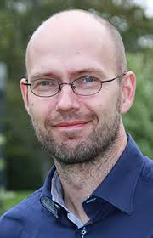 |
The Sky is Rising: How Hearables can be Integrated into Patient-centric Care |
||
| Date: Time: Venue: Presenter: Abstract: |
October 7th (Friday), 2016 9am to 11am Room 170, SPHS Building Brian Taylor, Au.D. Senior Director Clinical Affairs, Turtle Beach Corporation, San Diego, California Over the past few years, there has been a dramatic rise in the number of off-the-shelf, personal amplification devices directly available to consumers without the guidance of audiologists or physicians. More recently, many of the attributes of modern hearing aids, such as noise cancellation, multiple channels of compression and customizable gain & output have begun to morph into a new, hybrid product category, called hearables. Given the untapped market potential of the American population with hearing loss, hearables represent an exciting opportunity for audiologists to better meet the needs of more individuals with hearing difficulties. This seminar will examine the current market for hearing aids as well as the odd assortment of hearables now available - how the differ from traditional customizable amplification devices and their similarities to consumer electronic gadgets. Finally, the seminar will explore how hearables (e.g. PSAPs) can be incorporated into clinical practice as both a complement and an alternative to traditional hearing aids. |
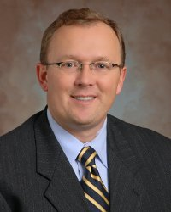 |
Outcome Measures in Hearing Aid Assessment: Why Bother? |
||
| Date: Time: Venue: Presenter: Abstract: |
Sept 26th (Monday), 2016 12.45 to 1.45pm Room 170, SPHS Building Ruth Bentler, Ph.D. Professor / Department Executive Officer, Dept. of Communication Sciences and Disorders, University of Iowa, Iowa City Accurately assessing the outcome of our hearing aid intervention should be the goal of any aural rehabilitative intervention. Often times, however, there is a disconnect between what we see in a clinical setting and what the patient reports back to us following some real-world experiences. In this session we will discuss the what, when and why of our efforts to quantify hearing aid success. Several suggestions for easy-to-administer inventories will be provided. |
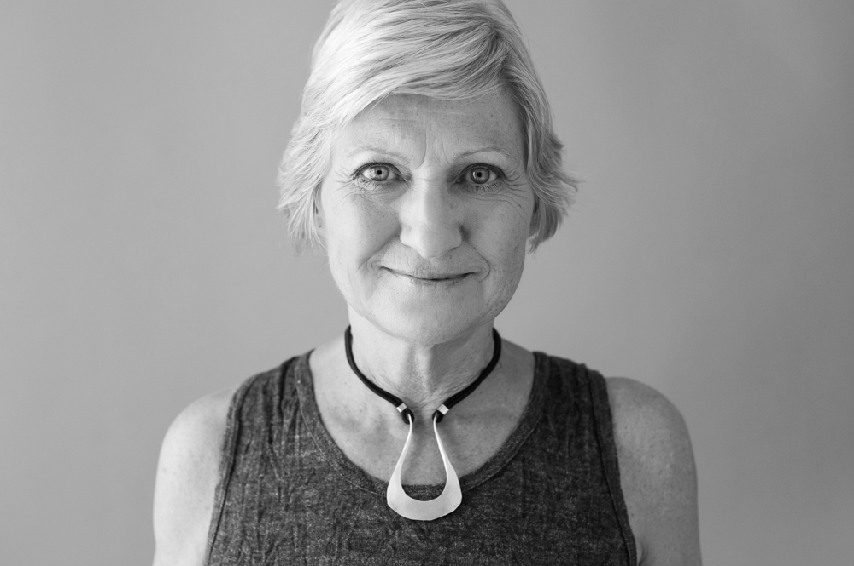 |
Harmonic Spectral Changes and Speech Intelligibility Before and After Voice Treatment in Parkinson’s Disease |
||
| Date: Time: Venue: Presenter: Abstract: |
Sept 9th (Friday), 2016 10am to 11am Room 170, SPHS Building Michael P. Cannito, Ph.D. Hawthorne / BORSF Distinguished Professor, Department of Communicative Disorders, University of Louisiana at Lafayette, Louisiana Lee Silverman Voice Treatment (LSVT-LOUD™) is a widely used treatment modality for assisting individuals with Parkinson’s Disease (PD) to improve their voice and speech. Despite its well established evidence base, the effect of this treatment on the voice spectrum and its relationship to speech intelligibility has not been well documented. Retrospective acoustic analyses of data sets from two published studies of LSVT-LOUD™ are reported to demonstrate the extent of spectral changes from pre-to-post treatment and to examine the impact of these changes for sentence intelligibility in PD. The significance of the acoustic voice spectrum for speech intelligibility is examined. Future directions for this line of speech treat- |
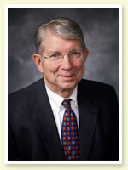 |
Scientific Truth in Audiology: The Process |
||
| Date: Time: Venue: Presenter: Abstract: |
Apr 22nd, 2016 10am to 11am Room 170, SPHS Building Ross J. Roeser, Ph.D. Professor, Callier Center Communication Sciences and Disorders, University of Texas at Dallas, Dallas In general, truth is considered to be fact or reality; truth implies fidelity. Scientific truth is considered one of the highest levels of knowledge, because it is revealed through a well-defined, structured system that brings what was previously hidden into the open. Valid scientific truth is derived through a peer review process, which should be carried out with the utmost care and consideration. The peer review process as it is applied to audiological truth dates back more than a century when the Journal of the Acoustical Society of America was first published. Through the peer review process selected experts are asked to judge the quality and validity of work submitted by peers, with the goal of allowing the work to be disseminated to the public. This presentation will review the intricate processes of peer reviewing, as it relates to audiology. |
 |
Cleft‐Related Speech and Resonance |
||
| Date: Time: Venue: Presenter: Abstract: |
Apr 15th, 2016 11am to 2pm Room 170, SPHS Building Kim-Loan Luu, M.A., CCC/SLP Children’ Memorial Hermann Hospital, University of Texas–Houston Medical School, Houston, Texas Caring for individuals with cleft requires specialized team care. Although lifelong care is required for most patients, speech language pathologists play an integral role in provision of care in the early years to facilitate normal speech development, remediate mis–learned speech, and maximize velopharyngeal function for speech resonance. Appropriate SLP intervention will serve to help individuals with cleft conditions reach their full speech and resonance potential. |
 |
Global perspectives on aging, communication disorders, and access to care in underserved regions of the world |
||
| Date: Time: Venue: Presenter: Abstract: |
Apr 11th, 2016 1 pm to 2 pm Room 702, Library Brooke Hallowell, Ph.D. Professor, Department of Communication Sciences and Disorders, Ohio University, Ohio Worldwide, many older people with communication disabilities do not have access to services that may benefit them. In some regions this is due in part to a lack of specialized clinicians, and university based programs to educate such clinicians. There are often infrastructural challenges to access to care, too, including problems with transportation and funding. Still, even when older people have potential access to services, they often do not take advantage of them. Complex cultural constraints related to beliefs about aging, plus varied aspects of religion and tradition, can present challenges in terms of access to care. We will consider strategic ways of facing those challenges by fostering culture change in meaningful, ethical, and sustainable ways. |
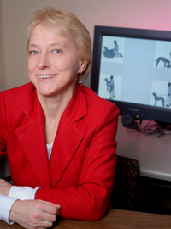 |
Issues in Cognition, Audiology and Amplification |
||
| Date: Time: Venue: Presenter: Abstract: |
Apr 8th, 2016 9am to 12pm Room 170, SPHS Building Douglas Beck, Au.D. Director of Professional Relations, Otiocon Inc., USA Cognitive issues (i.e., cognitive capacity, reserve and decline) are of particular importance to the audiologist, as the demographic of the typical cognitively impaired patient and the demographic of the first time user of amplification overlap substantially. Indeed, there is much concern (in 2016) about the potential cause/effect or correlation between cognition and audition. Of note, the peer-reviewed literature has demonstrated that auditory processing disorders may indeed represent a sub-set of cognitive disorders, thus further enhancing the need to better understand both; cognition and audition. Indeed, many contemporary researchers are evaluating and exploring the similarities and differences between cognition and audition, as well as the possible synergies and antagonistic relationships which may co-exist between audition and cognition. As such, it is incumbent upon the audiologist to stay up-to-date on the literature addressing cognition, audition and the potential auditory and cognitive benefits of hearing aid amplification. In this course, we’ll review contemporary peer–reviewed and outcome-based findings across these three disciplines (cognition, audition and amplification) with specific regard to applying new knowledge to hearing aid fittings. |
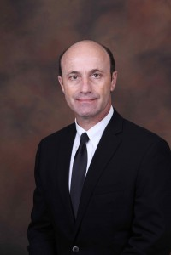 |
The challenges to Interdisciplinary Health Research |
||
| Date: Time: Venue: Presenter: Abstract: |
Mar 11th, 2016 10 am to 12 pm Room 170, SPHS Building Berth Danermark, Ph.D. Professor of Sociology, The Swedish Institute for Disability Research, Orebro University, Orebro, Sweden Health systems and public health researchers have broadened their focus, realizing the importance of ‘systems thinking’ and responding to the growing awareness of the multifarious determinants of health problems. Whereas multidisciplinary research joins researchers from diverse disciplines and specialties together to work on a common problem, only interdisciplinary research can forge interactive and synergetic solutions that create new research fields. The objective of this presentation, is to explore two challenges to Interdisciplinary research -- the epistemological challenge of responding to the concerns of reductivism, fragmentation and causal oversimplification, and the methodological challenge of describing methodological innovations that fulfill the theoretical promise of Interdisciplinary research. |
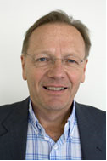 |
Do I need a Hearing Aid? Outcomes of Group Audiologic Rehabilitation for Unaided Adults with Hearing Impairment and Their Significant Others |
||
| Date: Time: Venue: Presenter: Abstract: |
Nov 16th, 2015 3.30 pm to 4.40 pm Room 170, SPHS Building Rebecca Kelly-Campbell, Ph.D. Department of Communication Disorders, University of Canterbury, Christchurch, New Zealand WHO estimates that 360 million people have significant hearing impairment (HI). This figure is growing, particularly in the working-age population. HI can have a significant impact on everyday life: at home, in social situations, and at work. It also affects frequent communication partners. While the provision of hearing aids is the most common management strategy, only a small percentage of those with HI take up hearing aids. In this talk, outcomes of group audiologic rehabilitation is discussed as an alternative to hearing aids. |
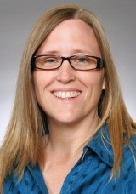 |
Advanced Signal Processing Features in Hearing Aids: Why Some Do Not Work As Well As Others? |
||
| Date: Time: Venue: Presenter: Abstract: |
Sept. 25th, 2015 1 pm to 2 pm Room 170, SPHS Building Ayasakanta Rout, Ph.D. Director of Audiology, Department of Communication Sciences and Disorders, James Madison University, Virginia Current generation of digital hearing aids offer many advanced signal processing features that include noise reduction, speech enhancement, frequency compression, feedback suppression, and multiple microphone beam forming. There is a disparity between the manufacturer claims of benefit and the data from independent research laboratories. This presentation addresses the working principles of the previously mentioned signal processing features and the available data on benefit from the presenter’s lab as well as published literature. |
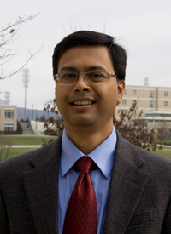 |
Talk 1: Falls, presbyequilibrium and quality of life among older adults residing in an institutional setting and efficacy of guided and self training
|
||
| Date: Time: Venue: Presenter: Abstract: |
October 7th (Friday), 2016 Talk 1: 2 to 3pm, Talk 2: 3.30-4.30pm Room 702, Mary and John Gray Library Prof. Ilmari Pyykko Department of Otolaryngology, Hearing and Balance Research Unit, University of Tampere, Tampere, Finland |
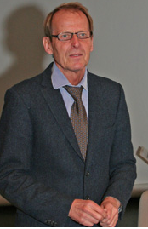 |
Talk 1: Applications of wide-band reflectance in diagnosis of middle ear disorders
|
||
| Date: Time: Venue: Presenter: About: |
April 20th, 2015 12.45 pm to 2.15 pm Room 171, SPHS Building Fei Zhao, M.D., Ph.D. Centre for Speech Language Therapy and Hearing, Cardiff Metropolitan University, Cardiff, UK |
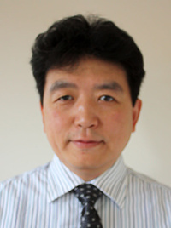 |
Talk 1: Attitude towards loss of hearing in individuals with unilateral hearing loss
|
||
| Date: Time: Venue: Presenter: Abstract: |
March 30th 2015 Talk 1: 10 to 11am, Talk 2: 11am to 12pm Room 171, SPHS Building Naresh Durisala, Au.D. Audiology Clinic, ENT Department, Tan Tock Seng Hospital, Singapore |
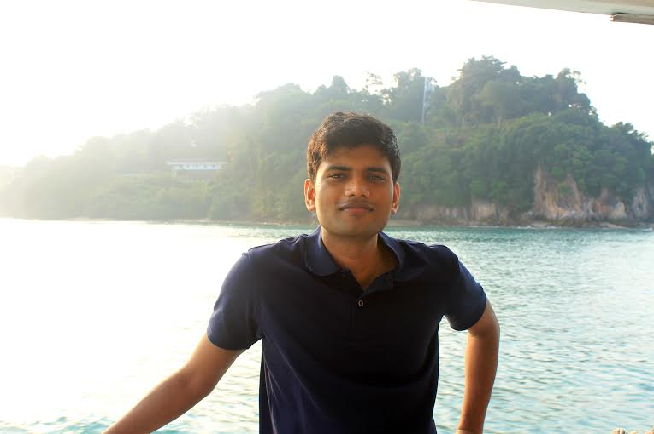 |
Voice Restoration Following Total Laryngectomy |
||
| Date: Time: Venue: Presenter: About: |
February, 20, 2015 2pm to 4.30 pm Room 170, SPHS Building Ms. Jodi Knott, M.S., CCC-SLP Clinical Coordinator of Speech Pathology and Audiology Department of Head and Neck Surgery Section of Speech Pathology and Audiology University of Texas - M.D. Anderson Cancer Center, Houston, TX Jodi Knott is the Clinical Coordinator of the Section of Speech Pathology and Audiology at The MD Anderson Cancer Center in Houston, Texas. Jodi received her graduate degree from Eastern Illinois University in 1993. She has worked as a speech pathologist for 22 years, the past 13 years at The MD Anderson Cancer Center. Jodi has extensive experience evaluating and treating patients with head and neck cancer, specifically those who will or have under-gone laryngectomy. She is particularly known for her management of laryngectomized pa-tients who have undergone complex reconstructions and require specialized and novel treat-ment approaches. She is considered an expert in the field of alaryngeal voice restoration. She is the Voice Institute Director for the IAL in 2014/2015. She has been an invited faculty member at the International Association of Laryngectomees for many years, as well as an in-vited speaker at many of the local and state laryngectomy meetings. She is a research partici-pant on several investigative protocols whose primary goals include the functional rehabilita-tion of patients with head and neck cancer. |
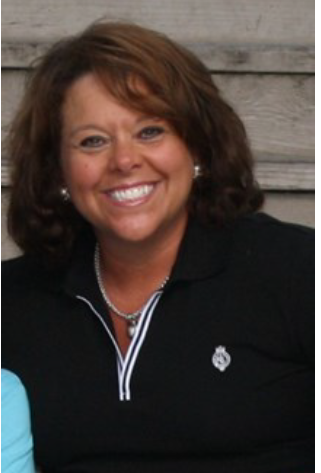 |

